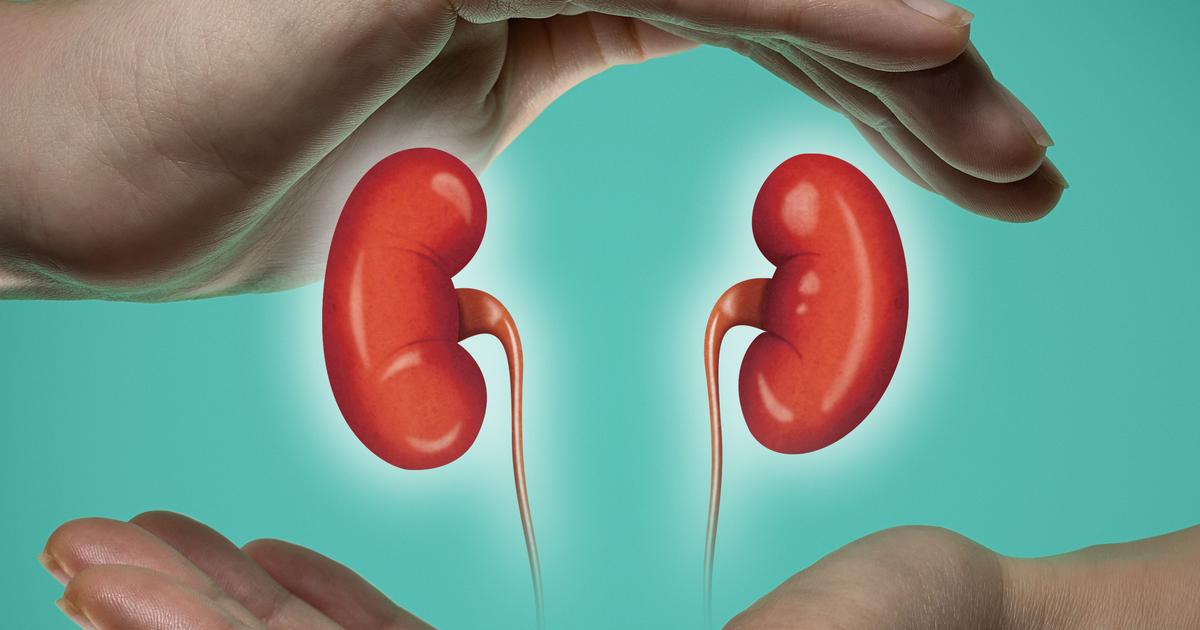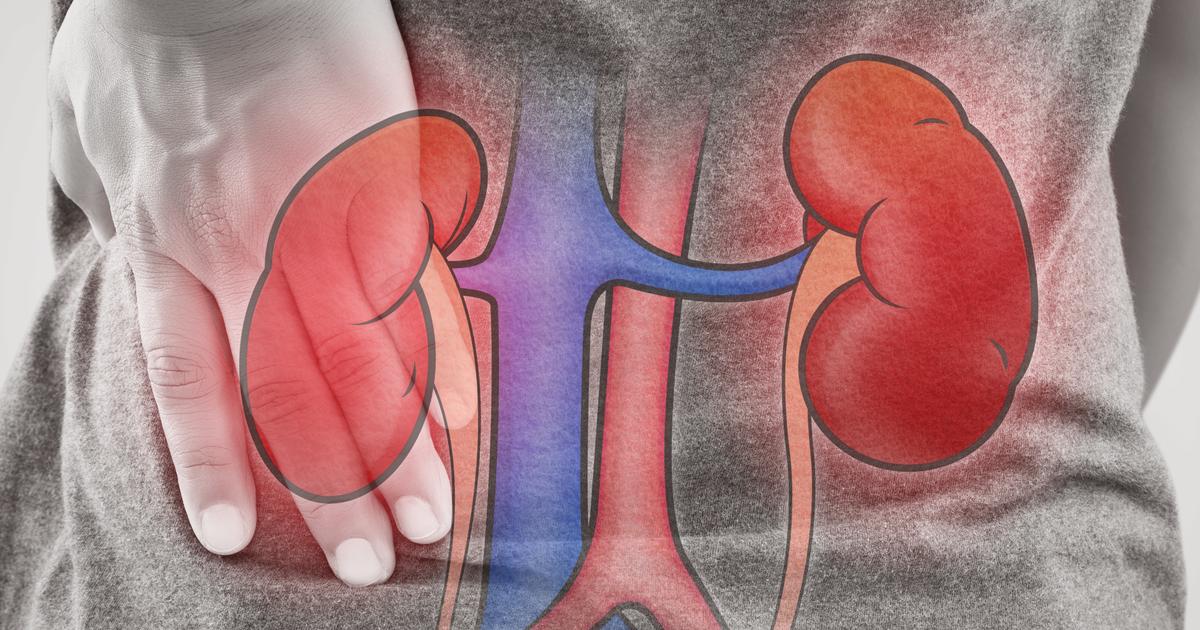What Are The Stages Of Chronic Kidney Disease?
Chronic kidney disease is a condition in which the proper functioning of the kidneys declines over a long period. As this happens, the kidneys become less able to effectively remove waste products and excess fluids. Patients with diabetes, cardiovascular disease, and hypertension have an elevated risk of developing chronic kidney disease, and the condition can eventually progress to kidney failure. The early stages of chronic kidney disease may not produce any symptoms, but advanced symptoms include fatigue, skin itching, weight loss, nausea, and swelling in the legs and feet. Doctors perform blood and urine tests to diagnose chronic kidney disease, and individuals at high risk for this condition are usually screened during routine checkups. Ultrasounds, imaging studies, and a kidney biopsy may be necessary to confirm the diagnosis. Treatment methods include medications to reduce blood pressure and cholesterol, and patients will also need to make dietary changes such as reducing salt and protein intake. In the end stages of the disease, patients typically need dialysis or a kidney transplant.
The stages of chronic kidney disease are outlined below.
Stage One

Patients with stage one kidney disease have only mild kidney damage, and they typically have no symptoms. Doctors categorize patients in the stage one category if they have an estimated glomerular filtration rate of more than ninety in addition to some evidence of physical damage to the kidneys. For example, patients could have protein in the urine, and though this would not usually be noticeable to the patient, it would typically be detected through laboratory tests. Patients diagnosed at stage one are encouraged to talk to their physician about steps that could keep their disease from getting worse. For example, doctors recommend patients at this stage try to maintain a healthy weight, and diabetes patients will need to ensure their blood sugar is tightly controlled. Patients are often referred to a nephrologist (a kidney specialist) at this stage.
Stage Two

In stage two of chronic kidney disease, patients are usually asymptomatic, and there is generally mild kidney damage. Patients are classified as stage two if they have an estimated glomerular filtration rate between sixty and eighty-nine. To slow the progression of kidney disease at this stage, patients are encouraged to ask their doctor about the use of medications that could reduce the rate of progression. For example, taking medications to reduce blood pressure and cholesterol could preserve kidney function for a while, and doctors may also advise patients to restrict their protein intake at this stage. Patients may want to monitor their blood pressure regularly at home, and doctors recommend patients try to stay as physically active as possible at this stage; a weekly exercise goal of at least 150 minutes of physical activity is appropriate for most patients.
Stage Three

In stage three of chronic kidney disease, there is evidence of moderate damage to the kidneys. Some patients may remain asymptomatic at this stage, though others could start to notice back pain, swelling of the hands and feet, and increases or reductions in urinary output. Doctors divide stage three into two phases. In stage 3a of the disease, a patient's estimated glomerular filtration rate is between forty-five to fifty-nine. By stage 3b, the patient's filtration rate will be between thirty to forty-four. Stage three of the disease starts to produce some of the health complications associated with chronic kidney disease. Patients could develop anemia and high blood pressure, and they may also have weakening of the bones. Patients at stage three should work with their nephrologist to find out how frequently they need to undergo tests of their kidney function, and they may want to ask about specific types of blood pressure medications called ACE inhibitors that could maintain kidney function. Nutritionists who specialize in dietary modifications for individuals with kidney disease will typically meet with patients at this stage to help them build a healthy meal plan that adheres to the necessary dietary restrictions on salt and protein.
Stage Four

The fourth stage of kidney disease is very serious, and it is often the patient's last chance to preserve some kidney function before reaching the end stage of the disease. Patients at stage four have moderate to severe kidney damage, and their estimated glomerular filtration rates are between fifteen to thirty. Patients will experience noticeable symptoms, such as back pain, chest pain, shortness of breath, nausea, muscle cramps, and sleeping difficulties. They may also have considerable fatigue, and their skin could feel constantly itchy. Swelling of the feet and ankles and urinary changes are typically present as well. Patients in this stage have noticeable health complications from the disease, including malnutrition, high blood pressure, anemia, and bone damage. Regular meetings with a nephrologist are required at this stage, and patients will also need to make a plan for either having dialysis or having a kidney transplant. The nephrologist can provide information about the most appropriate options for additional treatment at this stage, and patients will often need to have their kidney function monitored more frequently.
End-Stage

End-stage chronic kidney disease, stage five, occurs when the patient has complete or near-complete kidney failure. Patients at this stage have an estimated glomerular filtration rate of fifteen or below, and they will require dialysis or a kidney transplant for survival. Patients may have hemodialysis or peritoneal dialysis, and the patient's health, employment schedule, finances, and type of vascular access are all considered when making choices about the type of dialysis they will receive. Hemodialysis is typically carried out at dialysis centers, and a single session lasts for roughly four hours. Patients usually have hemodialysis three times a week. Peritoneal dialysis can often be completed at home, and patients who use this method may be able to choose to have it done either without any machines or with the use of an automated machine that completes dialysis overnight. Patients who are at the end stage of chronic kidney disease may also want to ask their specialist about the possibility of a kidney transplant.

